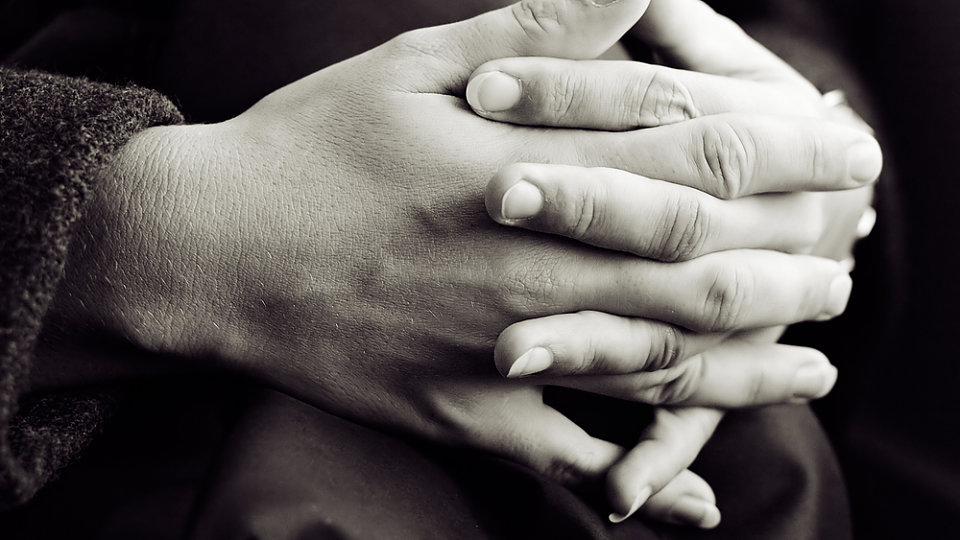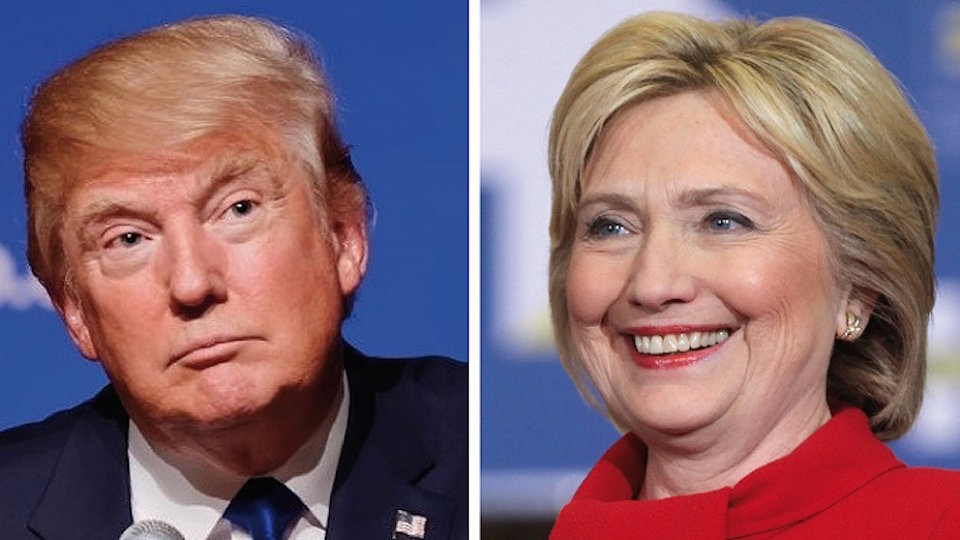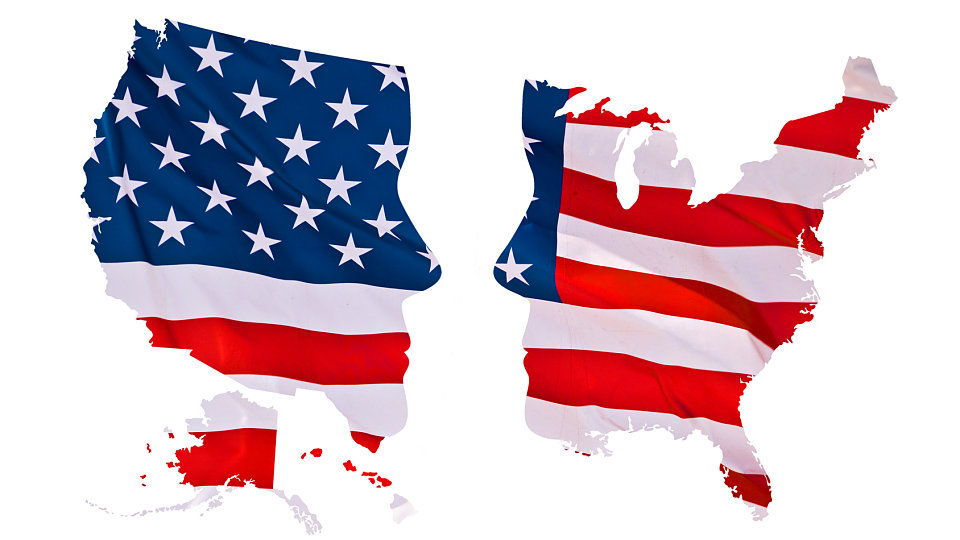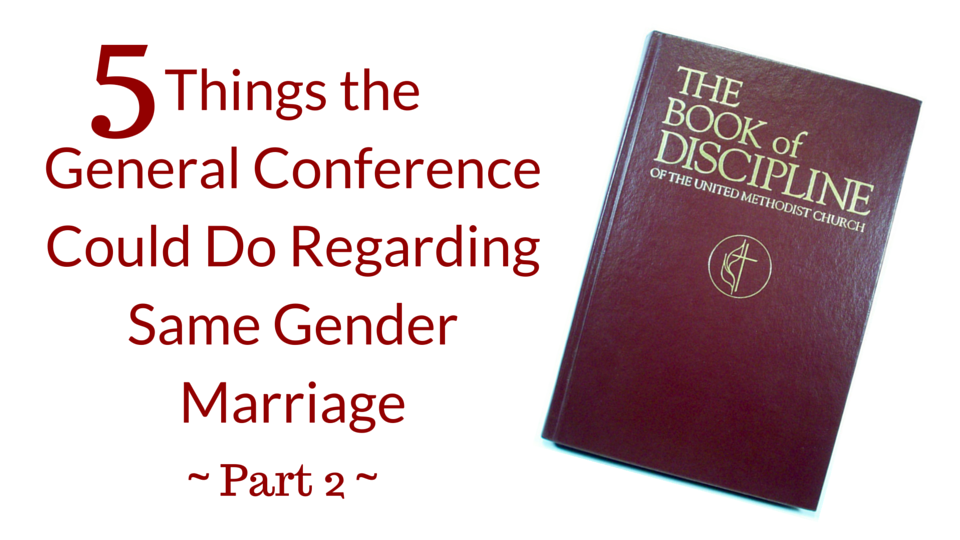I Believe
I’m sharing excerpts from my new book, Creed: What Christians Believe and Why, on the blog in these next few weeks as we approach the Lenten season. Today, I’m including the Introduction in its entirety from the book. Click here to read last week’s post, which included my introduction for the blog series. Credo is the first word of the Apostles’ Creed in Latin. It means “I believe.” Before we explore what Christians believe, why they believe it, and why it matters, let’s pause to think about belief itself. What do we mean when we say we believe? How does belief affect the believer? What are the sources of belief—the reasons for belief? The word believe can have multiple layers of meaning and can be applied to everything from the silly to the profound. For example, I believe my favorite baseball team might make it to the World Series again this year. In this sense belief expresses my hopes, which may be at least partially rooted in my assessment of the skills of my home team. Often we use believe to express our preferences or opinions or predictions about things that are not of ultimate importance. I believe a particular car brand is a better value than another. I would not die for my convictions about a car brand, and these might be easily changed if the right new product from another carmaker came along. There are deeper and more important beliefs we all carry. You might believe that small government is important, or you might believe that government must do more to ensure the welfare of the people. You might believe that every citizen should have the right to carry guns, or you might believe that we need more restrictive gun laws. You might believe that one of the greatest threats to our future is global warming and that humans are having a significant impact upon the environment, or you might believe that global warming is a hoax or that it may be a real phenomenon but that humans have very little impact upon it. Many deeply held beliefs have the power to motivate us to action, sacrifice, and service. I think of the convictions held by the Founding Fathers in the United States, who spelled out some of their fundamental beliefs with these words that nearly every American has memorized: “We hold these truths to be self-evident, that all men are created equal, that they are endowed by their Creator with certain unalienable Rights, that among these are Life, Liberty and the pursuit of Happiness.” Leaving aside the question of God for the moment, what are some of your most deeply held beliefs or convictions? How did you come to hold those convictions? For many of us, our parents played a key role in shaping our fundamental beliefs. It may have been a particular writer who shaped our convictions. Many of our beliefs have been shaped by personal experiences, particularly those experiences that most deeply touched our hearts—the most painful, but also the most loving, beautiful, or gratifying. These deeply held beliefs can shape us for good or for bad. Some fundamental convictions lead people to do great harm, and other beliefs lead people to live sacrificially in service to others. One set of convictions shapes the Ku Klux Klan, and another shapes the Sisters of Charity. What we believe matters. From the earliest times Christians made attempts to summarize their essential beliefs. Beginning in the late second or early third centuries these summaries of the faith are found in the creeds of the Church. The most enduring of these, still studied and recited today, is the Apostles’ Creed. I have used it as the basis of the book because it provides a concise and very early outline of Christian theology. While the Apostles’ Creed likely took its current form during the 400s, an earlier version, usually called the Old Roman Symbol or Old Roman Creed, dates back to the second or early third century. I’ve included a copy of its text in the appendix, along with some other creeds of the church. I wrote Creed thinking that many might wish to read it during Lent. Lent is the forty-day period of fasting, penitence, study, and spiritual growth that prepares Christians to commemorate Christ’s death faithfully and meaningfully and to celebrate his resurrection. In times past, and still in some churches today, this was also the season in which converts were prepared for their baptism the evening before or early on the morning of Easter. Since the Apostles’ Creed was likely written, and certainly popularized, for use at baptism, Lent was a central part of that preparation. Our most important beliefs, whether expressed in the Apostles’ Creed or in other ways, affect our understanding of what it means to be human and our convictions about values, morality, and relationships. Ultimately our most deeply held beliefs or convictions shape our goals, ambitions, hopes, and dreams. These kinds of convictions are seldom scientifically verifiable; nevertheless, we should carefully consider and question them and should be able to make a compelling case for them. Since these convictions cannot be completely verified scientifically, there will always be some measure of doubt associated with them, some question as to whether they really are true. Regardless of what we believe about God, or humanity, or our world, we will lack certainty, and that lack of certainty should rightly lead us to humility in our convictions and in our interactions with those who disagree with us. I appreciate Albert Einstein’s words: “I believe in intuitions and inspirations. I sometimes feel that I am right. I do not know that I am.” There were some things about the universe that Einstein believed with a high degree of certainty, while many others represented reasonable convictions based upon what he could observe. In the end, belief is a decision of the will. I choose to believe certain things. Thirty-five years ago I decided that I believed the tenets expressed in the Apostles’ Creed. That decision has had a significant impact on my life every day since—on the person I married, the career I chose, the way I see right and wrong, how I parent my children, what I do with my time and money, and how I face adversity. Those beliefs have led me to say no to many things I may have said yes to, and to say yes to things I might otherwise have said no to. For Christians, the beliefs expressed in the Apostles’ Creed are foundational. In the book we’ll consider those beliefs and begin a conversation about what Christians believe, why they believe it, and why it matters. Click here to find more information and links to purchase all Creed products, including the primary book, a Leader Guide, a Children's Leader Guide, and a Youth Study book. To see the two-minute promo video for Creed, click here, and to view my one-minute video overview of the book, click here.








